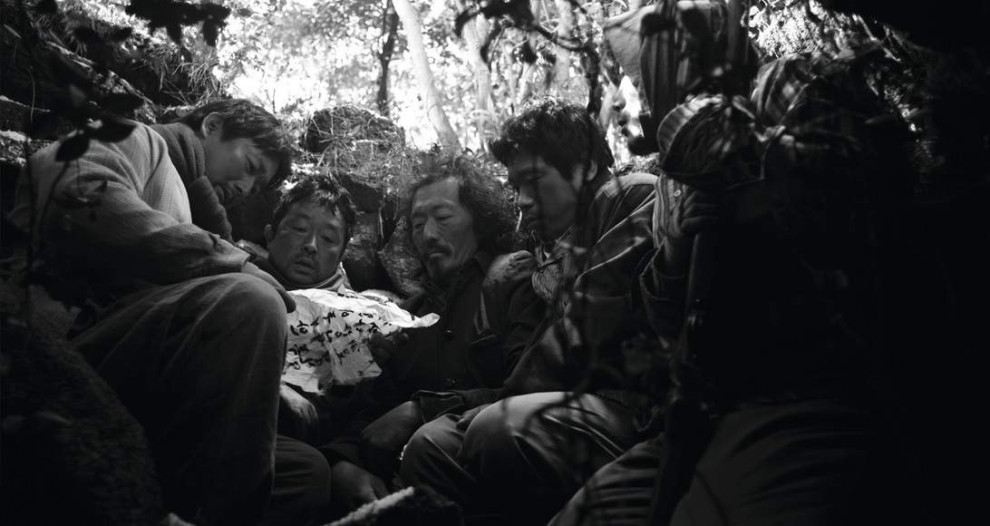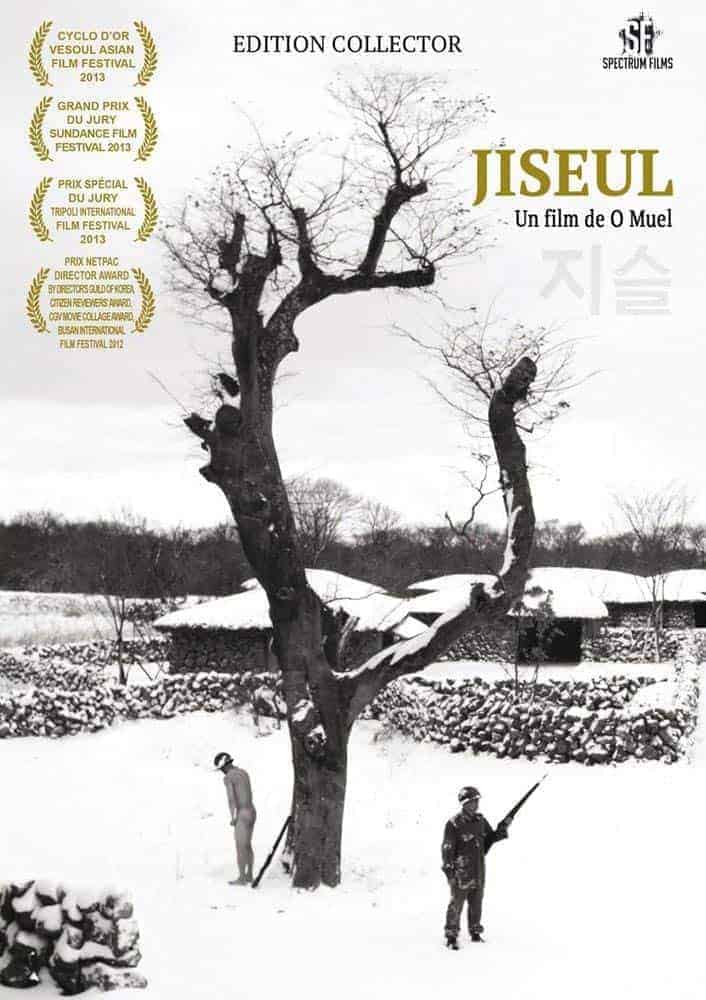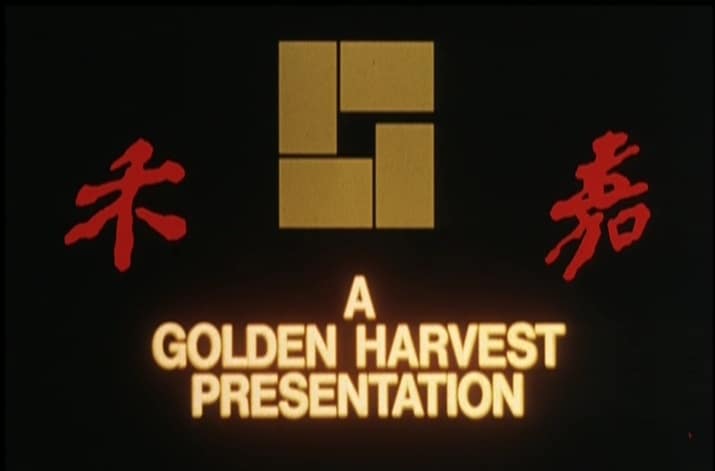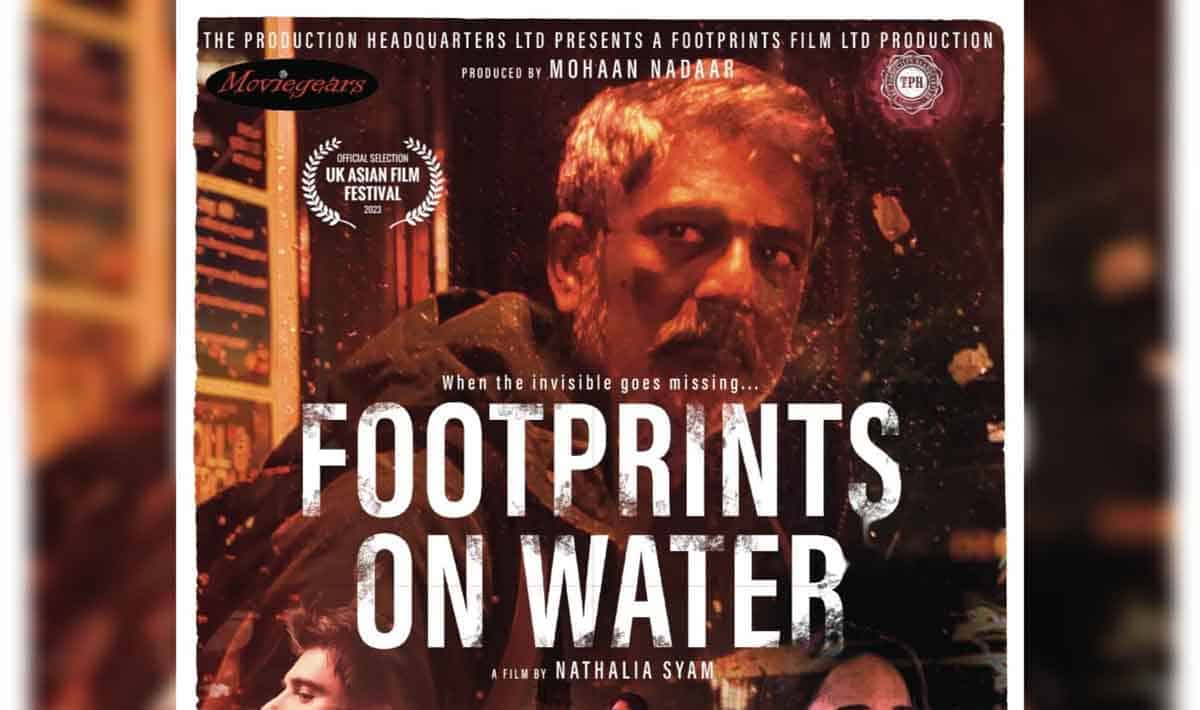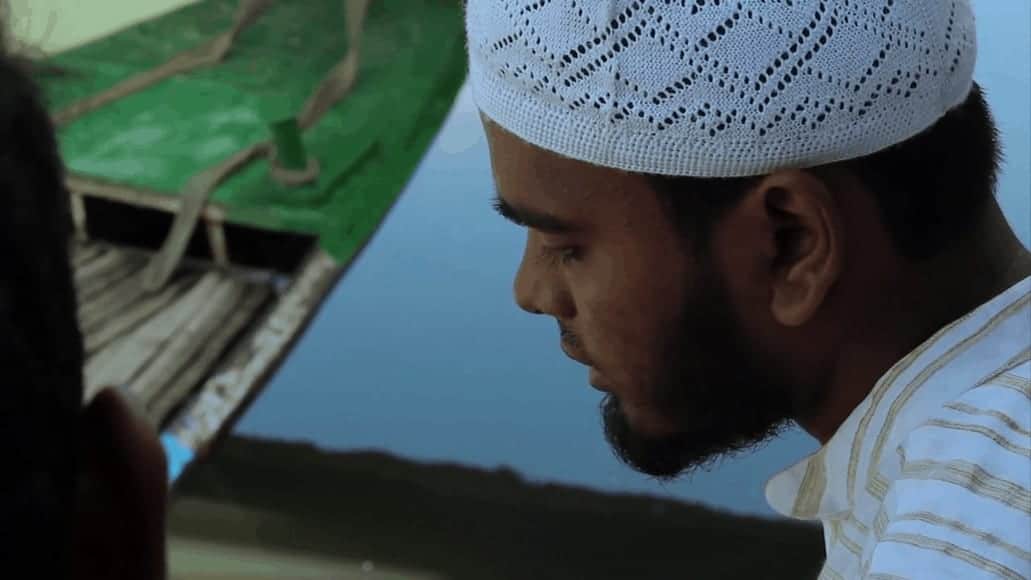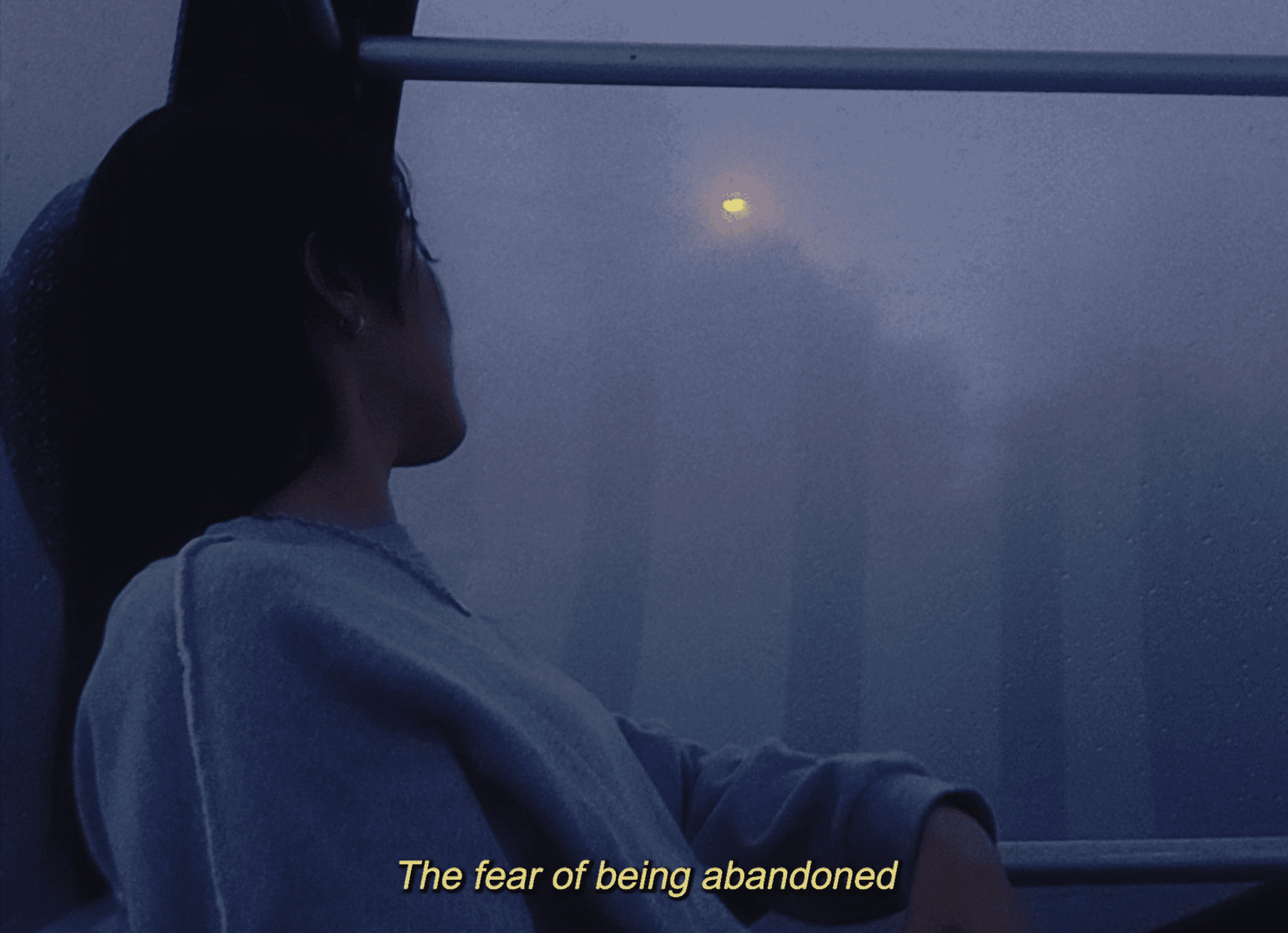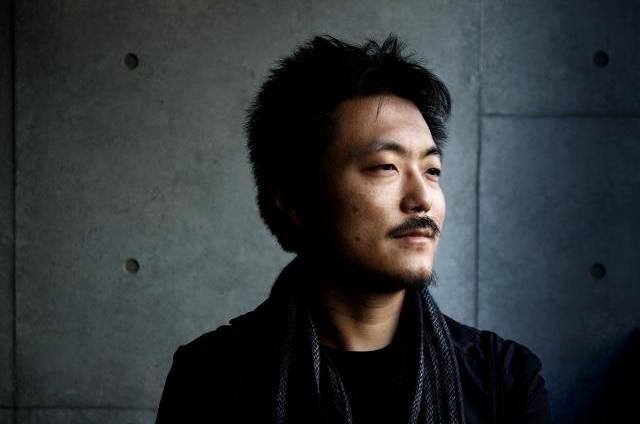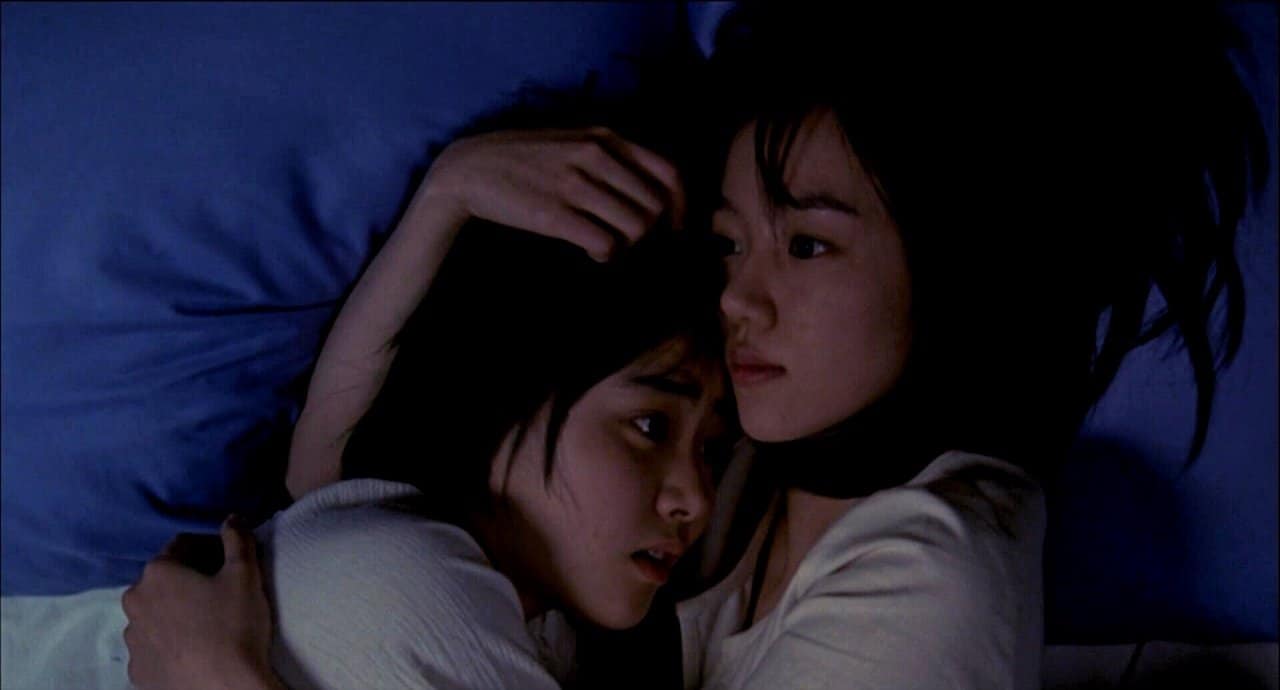As a fan of (also) exploitation films, I have repeatedly mentioned that I feel that the depiction of extremely graphic violence can function as an anti-violence message. In the case of “Jiseul”, O Muel has achieved something almost completely opposite, by using visual beauty and a distinct, cinematic calmness to present his anti-war messages. The result was successful both commercially, reaching more than 140,000 admissions in S.Korea, and critically, as the film won the World Cinema Dramatic Grand Jury Prize at the 2013 Sundance Film Festival, the Cyclo D'Or, at the 2013 Vesoul International Film Festival of Asian Cinema, and the CGV Movie Collage Award, the Director's Guild of Korea Award for Best Director, and the NETPAC Jury Award in Busan.
Buy This Title
The story is based on the Jeju Uprising, which took place in the said island from April 1948 to May 1949, by local residents who opposed the division of Korea. The Workers' Party of South Korea and its supporters launched an anti-imperialist, communist-linked insurgency in April 1948, attacking the police and Northwest Youth League members stationed on Jeju to violently suppress the protests. The First Republic of Korea under President Syngman Rhee escalated the suppression of the uprising from August 1948, declaring martial law in November and beginning an “eradication campaign” against rebel forces in the rural areas of Jeju in March 1949, defeating them within two months. Many rebel veterans and suspected sympathizers were later killed upon the outbreak of the Korean War in June 1950, and the existence of the Jeju Uprising was officially censored and repressed in South Korea for several decades. In 2006, almost 60 years after the Jeju Uprising, the South Korean government apologized for its role in the killings and promised reparations. In 2019, the South Korean police and defense ministry apologized for the first time over the massacres, which reportedly ended up with 30,000 dead.

The film does not focus on the overall events but on a number of Jeju villagers and their reactions as soon as they learn that the American military regime and the nationalist Korean government have declared martial law on the island, and particularly the fact that they will execute anyone living more than 5 miles away from the coast. As soon as they hear of the declaration, a number of them flee towards the caves in the hills, where they spend their days in agony, but also laughing and gossiping. Soon, however, some of them become too restless and decide to check on the situation and particularly the wellbeing of friends and relatives, and their cattle. At the same time, and on the second point of focus of the story, the soldiers under the hateful Sergeant Kim, seem to be lost, as they have to carry their orders despite knowing that their targets are just innocent farmers, while a young one is repeatedly punished for failing to do so. Violence, however, is inevitable.
O Muel, a Jeju local himself, used mostly non-professional actors from the island for the cast, who actually speak a different language than the soldiers, who use the “Seoul” dialect. Furthermore, jiseul is a word specific to the island meaning potato, whose farming has a significant part in the narrative. This approach succeeds in two fronts: as a tribute to the locals lost in the incident, and in the utterly realistic presentation of both the area and its inhabitants. The second aspect extends to the ways of the locals, which are actually very similar to those of every small (and secluded) society, including an intense sense of comradeship, but also extreme gossip and quite crude humor, mostly focusing on mocking. The acting part also moves towards this direction.
At the same time, O Muel's messages of violence brooding more violence, how war turns people into beasts and the fact that many of those who participate in combat do not know why or what they are doing, are quite eloquently presented, and form the most central arcs of his anti-war message.
His approach towards the depiction of the locals is one of someone pretty close to the events, with the cinematography in these parts making the viewer feel as a part of the group. On the contrary, the approach towards the soldiers is more detached, with the more grotesque of the occurrences mostly implied or exhibited through sound. Overall, Yang Jung-hoon's cinematography is extraordinary, with him highlighting the snowed environment in the most impressive fashion, through a number of images that will linger on mind, while he also manages to induce the movie with a permeating sense of sadness and melancholia, which occasionally transcends into drama. The running scene and the depiction of the stone fences that surround the houses are among the most memorable parts of a truly impressive work. Lee Do-hyun's editing intensifies these aesthetics through a slow but meticulous pace, with the same applying to Jeon Song-e's score.
“Jiseul” is a truly great film, an audiovisual masterpiece that succeeds fully in its anti-war purposes through a rather original approach.


